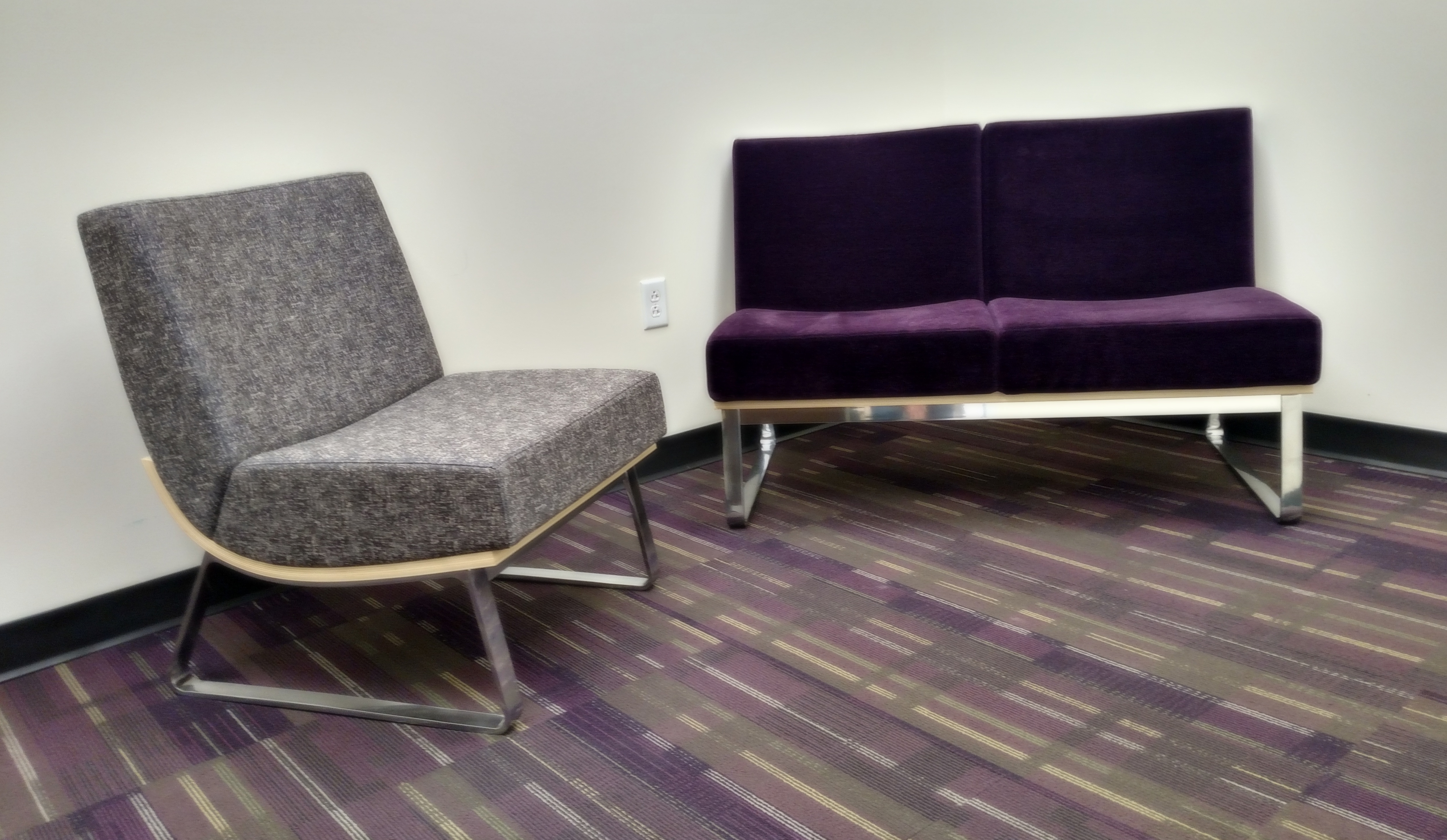Virginia Commonwealth University Police Uses Survivor-Centered and Offender-Focused Approach to Sexual Assault Investigations
Guest Blogger: Corey Byers, Public Information Officer, VCU Police Department, Richmond, VA
Sexual assaults are one of the hardest crimes to investigate.
By the time Virginia Commonwealth University (VCU) Police officers hear a survivor’s story, the student is understandably confused about what happened, emotional, and may experience guilt or shame. After such a traumatic experience, VCU Police have determined there’s a better way to sort out the facts other than by interrogating the survivor.
About two years ago, VCU Police Chief John Venuti realized his officers really needed a new starting point for sexual assault investigations. He often told colleagues and the media that sexual assaults were unlike any other crime and needed to be approached differently.
 The You Have Options Program (YHOP) had the elements Chief Venuti was looking for. It’s survivor-centered, and offender-focused. In other words, officers help survivors get the health, medical, and counseling services they need first and also use the investigative process to identify serial perpetrators in the population.
The You Have Options Program (YHOP) had the elements Chief Venuti was looking for. It’s survivor-centered, and offender-focused. In other words, officers help survivors get the health, medical, and counseling services they need first and also use the investigative process to identify serial perpetrators in the population.
YHOP was a logical next step for the department, which was already changing the way survivors were treated. Prior to 2016, the chief sought out trauma-informed training for officers and joined the public awareness campaign, “Start by Believing,” to emphasize that survivors at VCU would be believed, should they come forward to police.
Ultimately, YHOP agencies want to ensure the survivor ̶ and the criminal justice system ̶ obtain favorable outcomes.
Following a nearly 16-month implementation, VCUPD launched YHOP in fall 2016. Victim-witness officers are assigned to each patrol shift and detectives are trained in trauma-informed investigations. All VCUPD staff, including civilians, were briefed on YHOP’s background, goals, and investigative model.
First and foremost, when a sexual assault survivor comes forward, they are believed and supported – not judged.
As a part of the YHOP intake process, the survivor is educated on all possible next steps. Survivors can speak with an advocate or counselor instead of police and can choose one of three reporting options: information only, partial investigation, or complete investigation.
Only a complete investigation can result in criminal charges against a suspect, but all information provided by survivors can be useful. For example, even simple, descriptive details about the place where the individuals met, or the room in which the assault occurred, can help police develop suspects and connect the dots between serial perpetrators.
For VCU Police officers, the goal of that first conversation with a survivor is to build a rapport and treat each person with dignity and respect.
In an effort to offer more reporting options, online and third-party reports are accepted. VCUPD worked with YHOP program coordinators to develop an online portal that outlines the reporting process, along with Title IX requirements and Clery Act requirements in relation to confidentiality.
In October 2016, VCUPD moved to a new headquarters in downtown Richmond, Virginia,  and integrated YHOP’s best practices in designing new spaces. Two rooms are designated as “soft interview” or “survivor interview” rooms. The dedicated rooms have been outfitted with softer lighting and small couches to mimic a living room, or counselor’s office. The rooms were designed to be distinctly different than a traditional interview room for suspects.
and integrated YHOP’s best practices in designing new spaces. Two rooms are designated as “soft interview” or “survivor interview” rooms. The dedicated rooms have been outfitted with softer lighting and small couches to mimic a living room, or counselor’s office. The rooms were designed to be distinctly different than a traditional interview room for suspects.
Since August 1, 2016, VCU Police have seen an increase in sexual assault reports, specifically in third-party reports and reports of incidents outside its jurisdiction.
Chief Venuti believes the increase in reporting is due to more awareness about sexual assault, but is also a reflection of the trust students, faculty, and staff members have with the department. In Venuti’s own words, “if you don’t have trust in a campus police department, you won’t report a sexual assault to it.”
In the future, VCUPD will work with YHOP program coordinators to develop a database for the documentation of trends, and profiles, of serial sexual predators.
For more information on communicating sexual assault policing and prevention initiatives, contact VCUPD Public Information Officer Corey Byers at [email protected]. For more information on how VCUPD implemented the YHOP program, contact VCU Police Chief John Venuti at [email protected].
